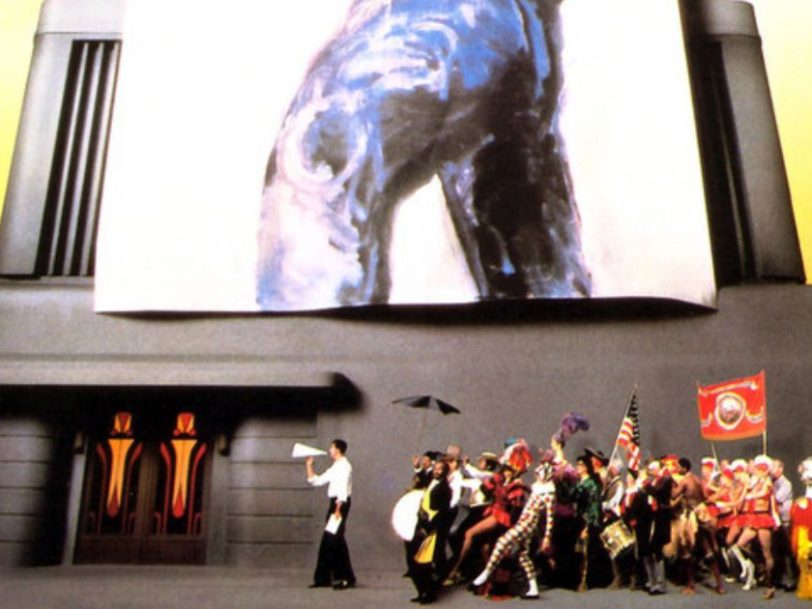There was a focused efficiency to the follow-up to Spandau Ballet’s most successful album, True. For 1984’s Parade, the five-piece regrouped with producers Tony Swain and Steve Jolley to polish off an eight-track collection that would prove to be almost as successful as their previous record. There was, of course, a natural pecking order to the chart hierarchy at the end of that year, with Duran Duran the leaders of the pack stateside, and Spandau Ballet reigning supreme across Europe, leaving Culture Club and Wham! strong just about everywhere (especially in Asia). But things were starting to change, as more muscular, rock-oriented acts started to dominate radio airplay. The lighter, synth-centric atmosphere of New Pop was slowly starting to diffuse.
Listen to ‘Parade’ here.
“We were all beginning to prefer this louder version of ourselves”
Spandau Ballet had taken notice, with songwriter Gary Kemp aware that the group’s very survival had thus far depended on an ability to innovate and move with the times. The Londoners had been wise to transform from New Romantics (on 1981’s Journeys To Glory and the following year’s Diamond) to sophisticated soul boys for the multi-platinum True. Now it was time to change again.
Parade was an album conceived for a huge global tour. “Since writing the last album, we had become a live act; in fact, we were all beginning to prefer this louder version of ourselves,” Kemp recalled in his 2009 autobiography, I Know This Much. “Where with the True album, I’d only be concerned with the sound of the record, now the songs would be written for the stage, and this time those stages would be arenas.”




